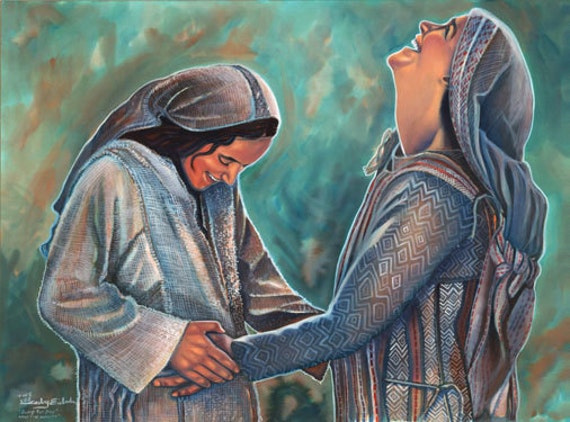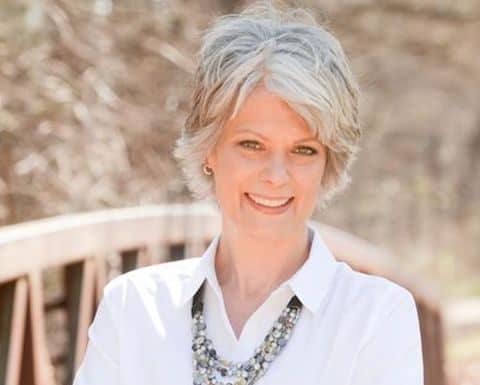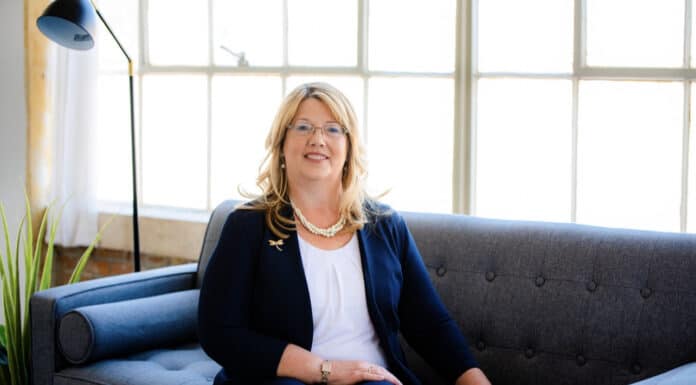This Weeks Notes ~ December 19, 2021
After Mary learned from the angel that she will give birth to the Son of God, Mary hurries to visit her pregnant relative Elizabeth in the hill country.
Their very intimate conversation portrays Jesus as more important than John. It also shows God already at work to overturn the world’s structures and expectations. The spotlight shines on Mary and Elizabeth. These are two lowly and shamed women through whom God has chosen to begin the transformation of the world.
Women are so often overlooked or ignored in society at large and in biblical narratives are the only speakers in this vignette. Mary’s first words prompt an immediate, silent, response from Elizabeth’s unborn child. John leaps, acknowledging both her presence and the significance of the child she carries in her womb. John’s reaction to Mary’s voice fulfills Gabriel’s prophecy, “even before his birth he will be filled with the Holy Spirit” (Luke 1:15).

Though Luke clearly signals that the unborn child’s leaping is prompted by the Spirit, it is Elizabeth, takes on the role of a prophet and speaks the prophetic word in this scene: she is filled with the Holy Spirit and proclaims what Mary has not yet told her, and what is not yet visible to the eye that Mary is pregnant. Furthermore, through the Spirit Elizabeth knows that Mary is “the mother of my Lord.” Her prophecy will soon be fulfilled when her own son prepares the way for the Lord.
Elizabeth prophesies and blesses. By declaring both Mary and the fruit of Mary’s womb “blessed” she begins a series of blessings that weave through Luke’s birth narrative. Mary, Zechariah, and Simeon will all add their blessings to the chain, praising God for what God is doing at this moment in history and recognizing that those who are privileged to be instruments of God’s saving work have been richly blessed.
Mary is blessed for her status as the mother of the Lord, but also for her trust in God’s promise. Our English translations obscure the fact that Elizabeth uses more than one word for “blessed.”
“Blessed is she who believed that there would be a fulfillment of what was spoken to her by the Lord” (v. 45). Mary is blessed because despite all expectations her social status has been reversed: she will be honored rather than shamed for bearing this child. But she has also been blessed with divine joy — with beatitude — because she has believed that God is able to do what God promises to do.
Elizabeth celebrates Mary’s willingness to say “yes” to God. By greeting Mary with honor, Elizabeth overturns social expectations. Mary is an unmarried pregnant woman. She might expect social judgment, shame, even ostracism from her older kinswoman. But Elizabeth knows from her own experience the cost of being shamed and excluded. In her culture a woman’s primary purpose in life was to bear children. Elizabeth is an elderly infertile wife. She has endured a lifetime of being treated as a failure. Her response to her miraculous pregnancy emphasizes that God’s grace has reversed her social status: “This is what the Lord has done for me when he looked favorably on me and took away the disgrace I have endured among my people” (Luke 1:25). In her old age, she is an honorable married woman, pregnant with her husband.
Elizabeth opens her arms and her home to a relative whom her neighbors would expect her to reject. But Elizabeth continues the pattern of social reversal. Instead of shaming Mary, she welcomes, blesses, and celebrates her, treating her as more honorable than herself. Thus the pregnancy that might have brought Mary shame brings joy and honor instead. When Elizabeth welcomes Mary, she practices the same kind of inclusive love that Jesus will show to prostitutes and sinners. She sees beyond the shamefulness of Mary’s situation to the reality of God’s love at work even among those whom society rejects and excludes.
Elizabeth’s actions and words invite us to reflect on our openness to the ways that God chooses to act in our world. Answer this questions: what is God doing through unexpected people in our society today? Where is God at work through people whom our neighbors and fellow church members often exclude or treat as shameful? Will we listen to the Spirit’s prompting when the bearers of God’s new reality show up on our doorstep?
Like Mary and Elizabeth, trust that God is coming to save us and set us free. May we, give thanks that God has taken away our shame and then respond to God’s love by welcoming the shameful. May we become a community that supports each other as we hope and wait.
“I don’t know how, but I know WHO!”
Grace and Peace, Pastor Nelda
Dr. Nelda Barrett Murraine is pastor at First United Methodist Church – PO Box 146 – 229 W 4th St. – Kennedale, TX 76060
Follow us on Facebook





































